
The fight against counterfeit medical supplies in the face of a pandemic
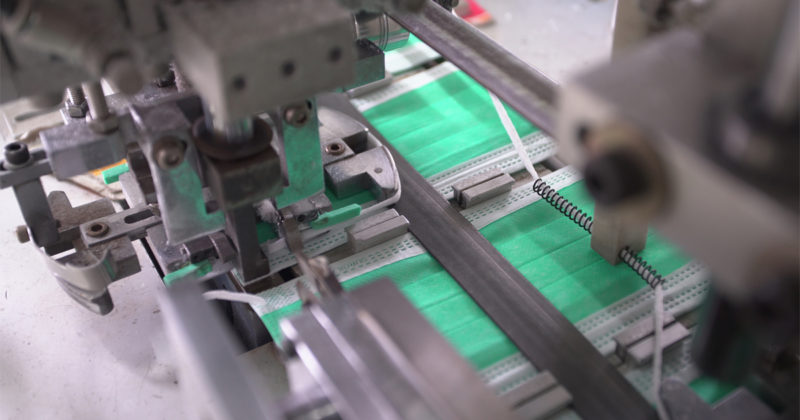
In early March, an international week-long operation coordinated by Interpol, with the collaboration of authorities from over 90 countries, yielded US$14 million (€12.79 million) worth of counterfeit critical medical supplies.
The operation shut down more than 2,500 web links including websites, social media pages, online marketplaces and online advertisements for illicit pharmaceuticals, disrupting the activities of 37 organized crime groups.
These seizures of counterfeit facemasks, hand sanitizers and unauthorized anti-viral medication point to a worrying uptick in fraudulent activity since the Covid-19 pandemic.
“The illicit trade in such counterfeit medical items during a public health crisis shows [the criminals’] total disregard for people’s wellbeing, or their lives,” said Jürgen Stock, Interpol’s Secretary General.
Quality control measures needed
Authorities worldwide have stepped in to clamp down on counterfeit medical goods with stricter regulations for both exports and imports as the pandemic continues its spread.
Multiple reports have emerged in Europe and other regions about defective personal protective equipment (PPE) and Covid-19 test kits exported from China. In a bid to stem the flow of uncertified PPE out of the country, China has taken swift action to tighten export restrictions since April 10.
Its customs agency ordered PPE manufacturers to submit extra documentation and to undergo a government-led inspection before shipments are approved. The slowdown, as a result of the increased export control, has led to surging air cargo rates and congestion in South China.
Likewise, in India, the country’s textile ministry has also introduced quality control measures for PPE as part of a regulatory framework.
For PPE garments and fabric that have passed laboratory tests, the Indian government has introduced a unique certification code and a tamper-proof sticker in indelible ink specifying details of the manufacturer to ensure product quality.
With demand for PPE surging around the world, these quality control measures undertaken by governments are a welcome move for logistics players that allows them to better deal with security challenges besides fraud and counterfeiting.
“Our core focus is to ensure such shipments (deemed as high-risk products) that we’re moving for our customers do not fall into the wrong hands or go missing. As such, we’ve worked together with the Operations Products team to put in place measures such as joint risk assessments, enhanced freight security solutions and security pre-alerts,” said Jessie Han, Head of Security & Operational Resilience, Asia Pacific, DHL Global Forwarding.
On top of managing movement restrictions within and between different markets, DHL has heightened efforts to prevent disruptions to its transport and operations during the pandemic.
“Our priorities remain on preventing unlawful activities such as cargo theft, carriage of narcotics and counterfeit goods. During this critical period, we are also closely monitoring for all PPE-related crimes,” added Edward Lim, Vice President, APEC Security, DHL Express.
An online-offline problem
The police, health and customs authorities in countries may have implemented stringent checks and regulations as a preventive measure, but there are still limitations to its reach and its effectiveness in the long run.
Why is this problem so tough to tackle? Its sheer scale.
According to a study by the Alliance for Safe Online Pharmacy in the EU (ASOP EU), over 35,000 websites are selling medicine at any time, with almost 96 percent of them operating illegally.
Unscrupulous sellers have been sprouting up online and taking advantage of the pandemic to hawk fake medicine, test kits, inferior-quality masks and other supplies from unverified sources to unknowing consumers.
The easy availability and accessibility to such goods on social media platforms, e-commerce marketplaces and the dark web suggest most transactions, and thus shipments, are unlikely to be traced and can go on undetected.
Technology giants including Google and Facebook have since stepped up joint efforts to combat fraud and misinformation surrounding the Covid-19 pandemic. Measures adopted include the removal of inaccurate posts from search results and the prioritized listing of official health sources for coronavirus-related queries.
However, these online issues present real-world challenges, particularly for logistics companies that facilitate shipments internationally.
South Korea pivots to export Covid-19 test kits
South Korea pivots to export Covid-19 test kits
South Korea attributed its success in slowing down the spread of Covid-19 in the country to its massive testing campaign with the support of local diagnostic device manufacturers — the largest of which churns out 1 million units a week, making the country an important source for test kits internationally.
In the first three weeks of April, DHL Global Forwarding shipped more than 1.3 million Covid-19 test kits from South Korea to Brazil, Ecuador, India, Lithuania, Poland, and Russia.
Tapping on its network of IATA CEIV-certified life sciences and healthcare (LSH) facilities and temperature-controlled solutions, DHL Global Forwarding will also ship test kits to Saudi Arabia in several shipments.
Even when an illegal shipment is stopped on suspicions of counterfeiting or fraud, what next? “In general, it’s not easy to prove the authenticity of products such as face masks. The product owner would be able to confirm this,” explained Lim.
The verification of masks and other essential personal protective equipment (PPE) should be done by professionals — be it customs officials or health authorities — who are equipped with the right expertise and resources.
That is why nothing short of a sustained joint effort will be effective in ceasing the flow of counterfeit medical supplies and freeing up much-needed freight capacity in the Covid-19 supply chain for the real essential goods.
For more DHL Covid-19 updates, please visit http://coronavirus.dhl/
MORE FROM THIS COLLECTION

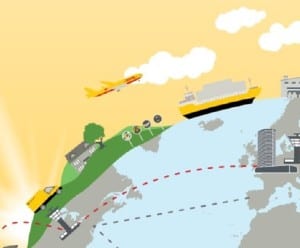
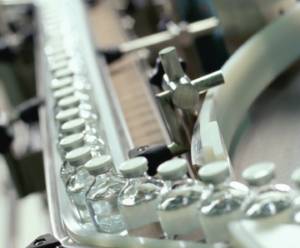
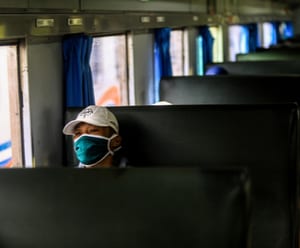


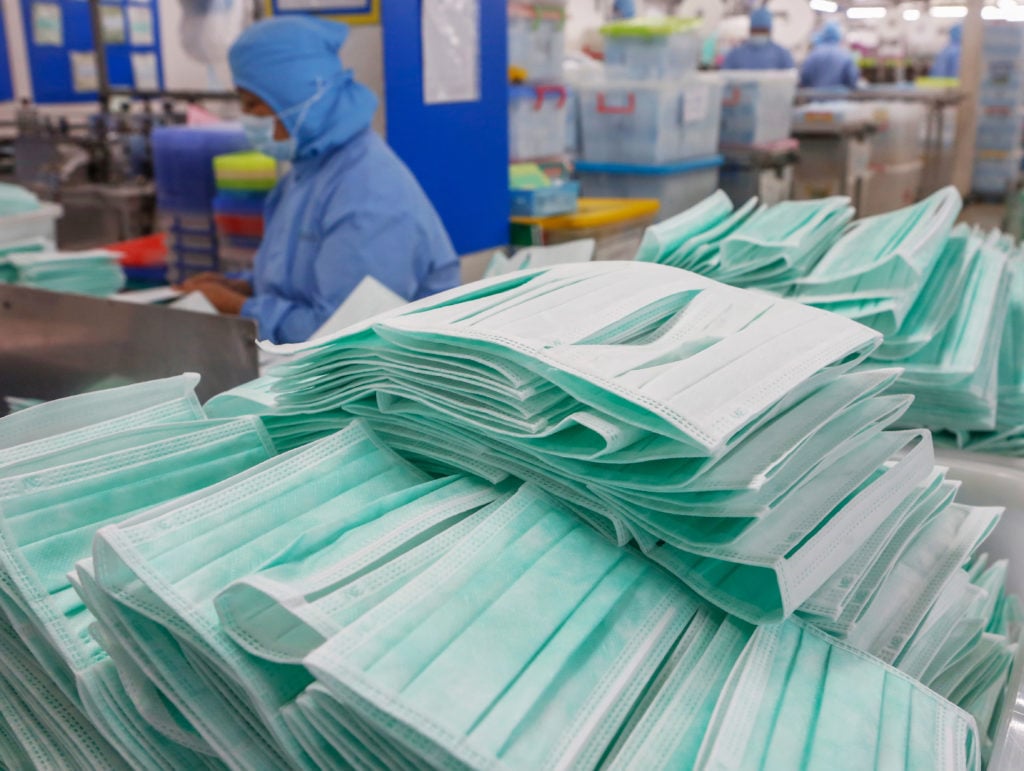

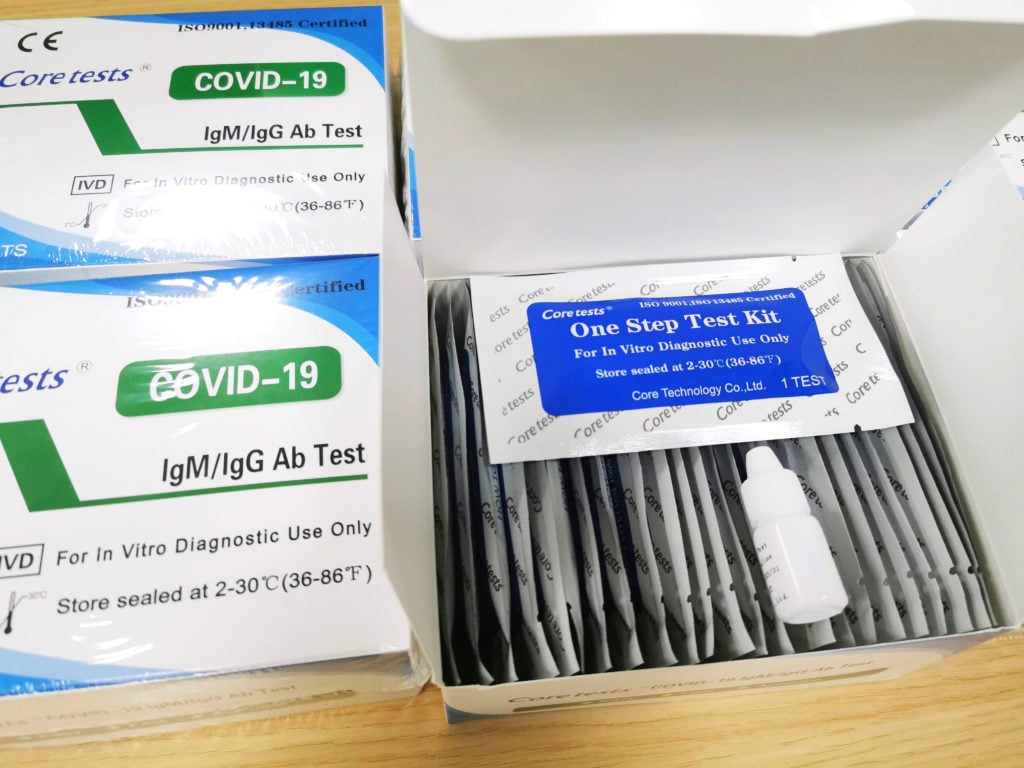



 English
English